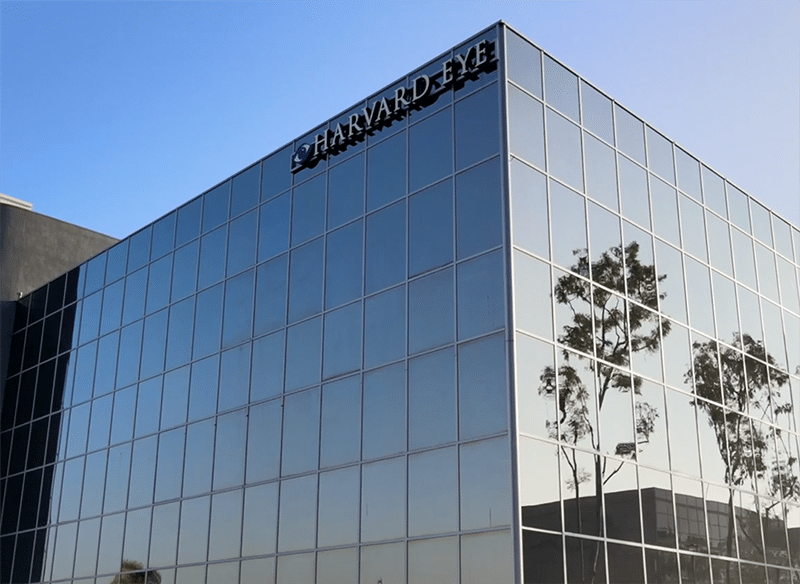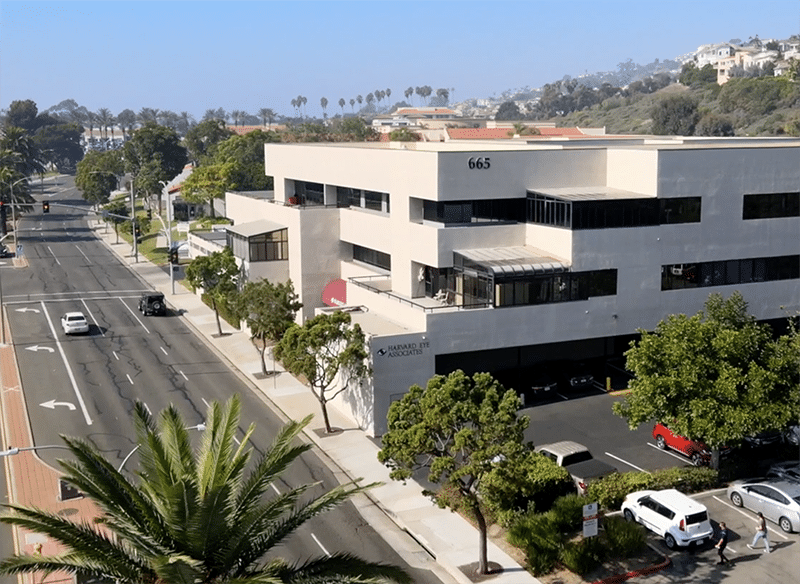 In the early days of LASIK surgery, the procedure was performed on one eye at a time. Today, most patients have treatment on both eyes during one safe and easy procedure. Although today it is common practice to treat both eyes together, some patients opt to only have LASIK in one eye for various reasons.
In the early days of LASIK surgery, the procedure was performed on one eye at a time. Today, most patients have treatment on both eyes during one safe and easy procedure. Although today it is common practice to treat both eyes together, some patients opt to only have LASIK in one eye for various reasons.
LASIK works to correct refractive errors such as nearsightedness, farsightedness and astigmatism. If you have normal vision in one eye and blurry vision in the other, LASIK treatment would only be performed on the one eye that needs correction.
If both your eyes require correction due to refractive errors, there is typically no reason to separate LASIK treatments. Also, when you add the inconvenience factor (double the number of consults, follow-up appointments, etc.), it’s easy to see why most people opt to treat both eyes simultaneously.
If you are curious about LASIK treatment in one or both eyes, the first step is to schedule a LASIK consultation to see if you are a good candidate. Contact Harvard Eye Associates today at 949-951-2020 or harvardeye.com.




